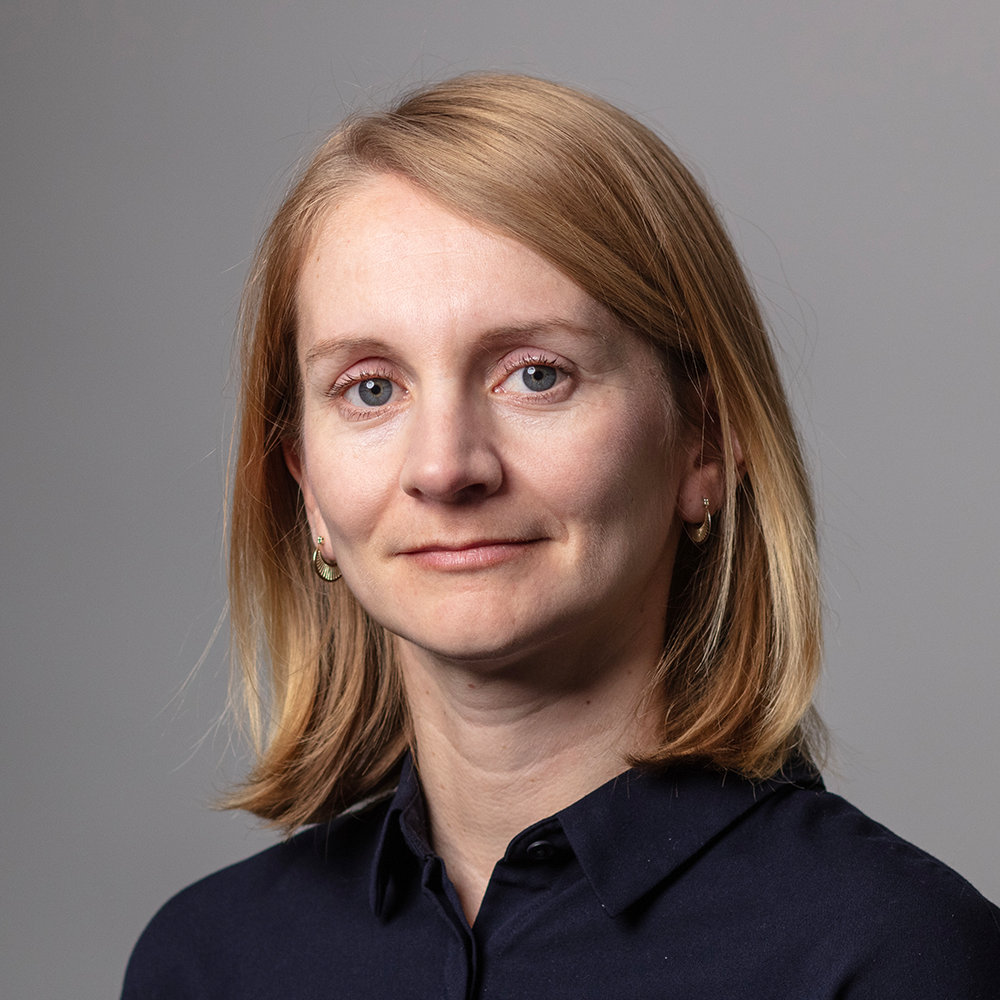

Switzerland Today
Dear Swiss Abroad,
Good news amid war and threats: Switzerland is reportedly planning to take in 20 injured children from Gaza.
Today’s briefing also deals with immigration: a monster debate on the “ten million Swiss initiative” is taking place in parliament. Meanwhile, Defence Minister Martin Pfister expresses concern about aggressive drones, as seen in other European countries.

Switzerland is planning a humanitarian operation: 20 injured children from the Gaza Strip are to be treated here. At the same time, parliamentarians from all parties are calling for the government to play a more active role in Gaza.
While Switzerland is ageing, children make up around half of the population in the Gaza Strip. Thousands have already been killed or injured. According to Swiss public broadcaster, SRF, the government has decided to rescue 20 injured children.
These children are to be brought to Switzerland with a maximum of four accompanying people. This has not yet been officially confirmed. However, according to SRF, several members of the government are involved in the operation.
The plan is to treat the children in Swiss hospitals, possibly in Geneva. Travelling to Switzerland will be a challenge, a source told SRF. Especially as every departure must be authorised by Israel. The status of the rescued families is also unclear; they may receive a humanitarian visa.
Gaza is constantly in the Swiss news these days. Foreign Minister Ignazio Cassis had to flee from pro-Palestine demonstrators in Bellinzona. Meanwhile, his department has announced that Switzerland has not changed its position and remains in favour of a two-state solution, but it is not in favour of recognising Palestine as a state at present.
Yesterday parliamentarians from all parties submitted a joint motion to parliament for the first time. Their request to the government: Switzerland should submit an urgent motion to the UN General Assembly demanding access to the Gaza Strip and to all hostages.

The right-wing Swiss People’s Party is calling for support for its “ten million Swiss initiative” with a major appearance by its parliamentary group in the House of Representatives. It has already submitted the next initiative on immigration.
Today the House of Representatives debated the People’s Party’s “ten million Swiss initiative” – also known as the “sustainability initiative” – which aims to limit immigration. While the People’s Party warns against overloading Switzerland’s infrastructure, representatives of other parties accuse it of incitement against foreigners and hypocrisy, for example when it comes to the rise in rents. No other governing party supports the initiative. It is unclear whether the debate can be concluded today. According to Blick, 115 speakers have registered, including almost the entire People’s Party parliamentary group.
The consequences of a growing population can be felt in traffic jams or when looking for accommodation. Would a limit bring relief? “We would have less density stress but a whole host of other problems,” writes SRF. From a shortage of skilled labour to a lack of tax revenue. Filling this gap would be difficult, given that working longer would meet with little acceptance among today’s population.
Meanwhile, the People’s Party has already launched its next initiative: yesterday it submitted its border protection initiative, which calls for the systematic control of travellers entering Switzerland, among other things. As the initiative conflicts with the Schengen Agreement, the initiators are calling on the government to renegotiate it.

Drones in European cities are worrying Defence Minister Martin Pfister: he’s not ruling out a second vote on fighter jets.
After Copenhagen and Oslo, the airport in Aalborg, Denmark, was also disrupted by a drone last night; airspace was closed for several hours. “I’m concerned,” Pfister said on yesterday’s SRF Rundschau programme.
A fortnight ago Russian drones penetrated Polish airspace, but the background in Scandinavia has not yet been clarified. Pfister doesn’t rule out the possibility that Switzerland could also become the target of Russian attacks. “We need to be armed against such attacks very quickly.”
However, Switzerland is currently struggling with the issue of armaments. Following the “misunderstanding” about the fixed price for the 36 F-35 fighter jets ordered from the US, the government is facing a difficult decision. Should fewer fighter jets be purchased? Or spend more than the CHF6 billion ($7.5 billion) approved by the electorate? Pfister emphasises that 36 jets are the absolute minimum number needed to defend the country. He does not rule out a new vote.

Finally, let’s return to immigration. A report by the Federal Statistical Office shows that foreigners in Switzerland incur lower healthcare costs on average than Swiss nationals – refuting the theory of the right-wing Swiss People’s Party.
Health insurance premiums will continue to rise next year, as reported in Tuesday’s briefing. The People’s Party is proposing to reduce healthcare costs by making access to the healthcare system more expensive for foreigners and restricting it for asylum-seekers in particular.
The Tribune de Genève shows today, quoting a report by the Federal Statistical Office, that foreigners are not cost drivers. According to the report, foreign nationals living in Switzerland cost the healthcare system less than Swiss citizens.
Between 2019 and 2022, the average costs per year were CHF3,554 ($4,450) for Swiss citizens and CHF2,569 for foreign nationals. Some nations – Italy or Georgia for example – are above the Swiss average, while people from countries such as Germany, France or Portugal incur significantly lower costs than insured Swiss nationals.
Asylum-seekers are not included in the report. However, according to official health office calculations, they accounted for just over 0.5% of the total costs of basic insurance in 2021.

In compliance with the JTI standards
More: SWI swissinfo.ch certified by the Journalism Trust Initiative




























